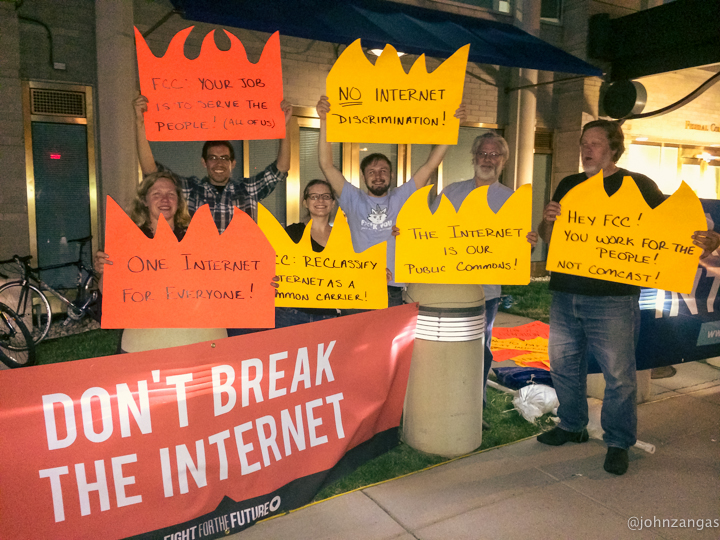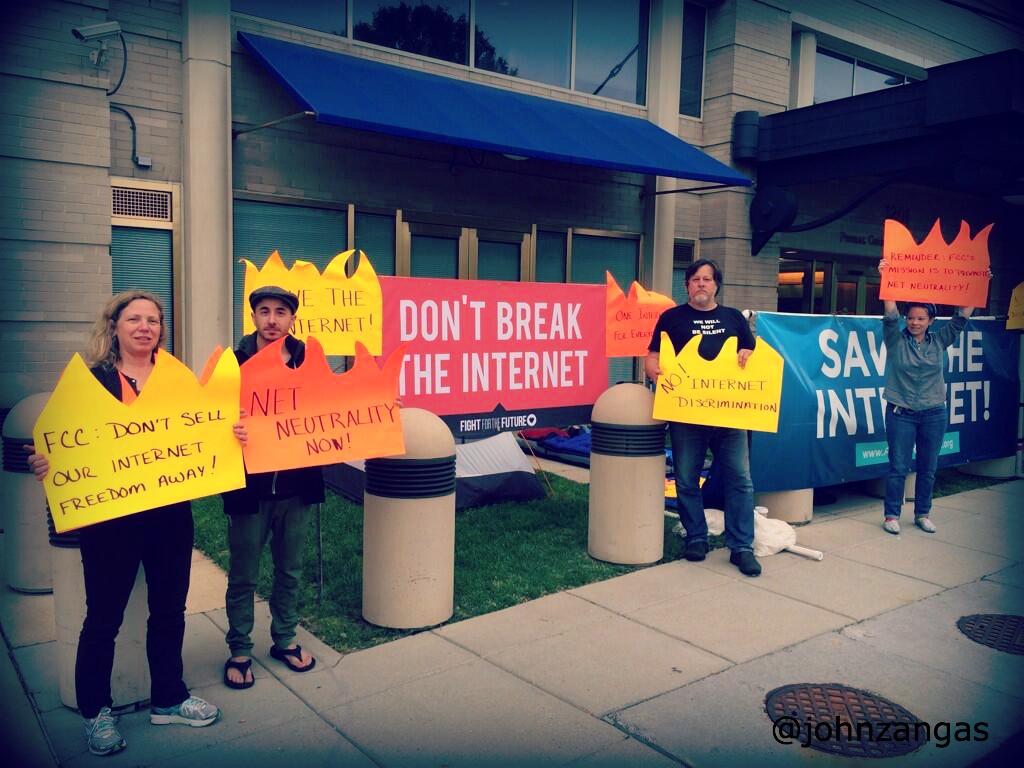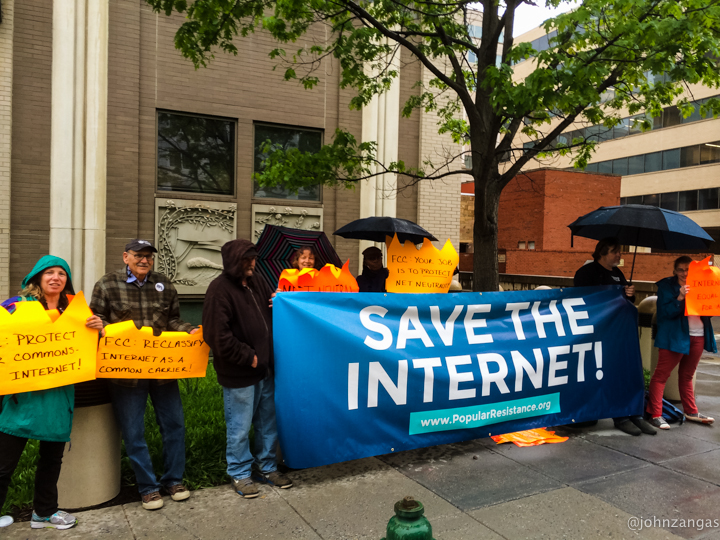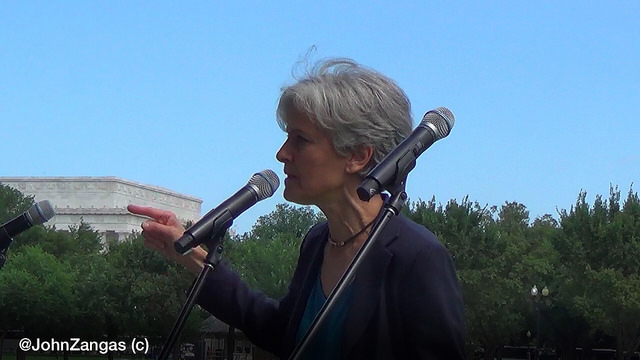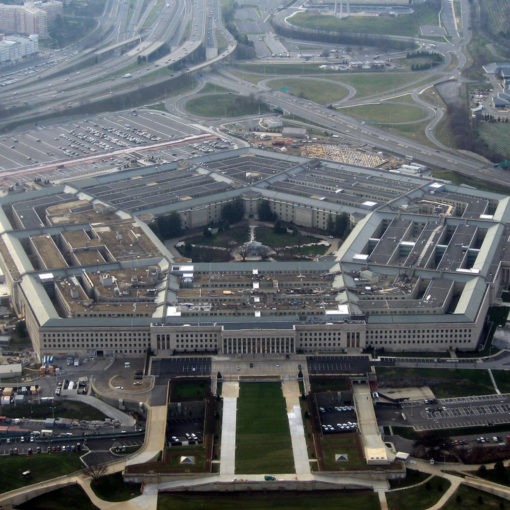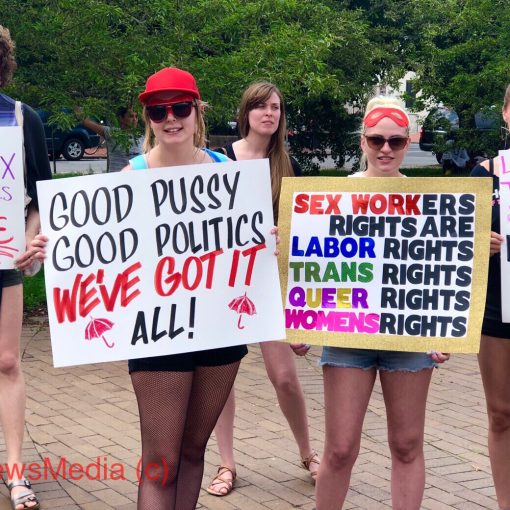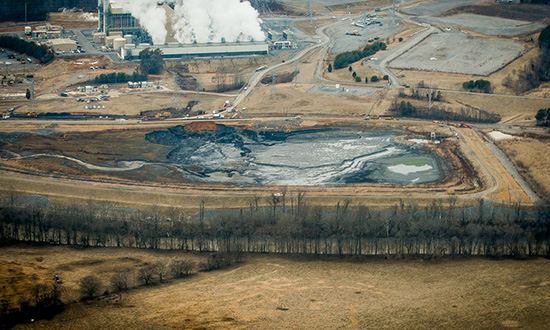By Anne Meador and John Zangas
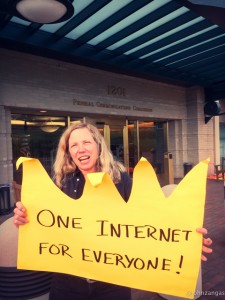
Commissioners on an FCC panel which could determine the future of the Internet are feeling the heat this week as protest intensifies against a new set of Open Internet rules proposed by Chair Tom Wheeler. Advocates for Net Neutrality claim the rules would result in just the opposite of a free and open Internet, and their outrage has sparked a massive reaction. Apparently the din has reached the ears of commissioners, and they’re having an effect.
FCC Commissioner Jennifer Rosenworcel is urging Wheeler to delay consideration of new rules for at least a month. “I believe that rushing headlong into a rulemaking next week fails to respect the public response to his proposal,” she said.
On Thursday another commissioner came out against the plan. “I have grave concerns about the Chairman’s proposal on Internet regulation and do not believe that it should be considered at the Commission’s May meeting,” said Ajit Pai in a statement.
A third commissioner has stated his commitment “to preserve an ever-free and open Internet.” “Over 100,000 Americans have spoken,” wrote Mygnon Clyburn on the FCC website, referring to tens of thousands of emails and hundreds of phone calls received by the FCC. “I am listening to your voices.”
“It seems like things are starting to move,” said Kevin Zeese, an organizer of “The People’s Firewall” protest which began at FCC headquarters Wednesday. “I think coming out here makes a big difference. People pressure works, both online and in person.”
The FCC immediately took notice of the small band of protestors holding a banner saying, “Free the Internet.” Gigi Sohn, Wheeler’s External Affairs Officer, called up Zeese and suggested a meeting.
A handful of the protestors slept in front of the building Wednesday night, and more are on the way. They intend to keep a continuous presence until the open meeting on May 15. That day, dozens of organizations including Free Press, Fight for the Future and Public Knowledge are coordinating a mass rally in front of the FCC.
Matt Wood of Free Press says that the combination of cases lost in court by the FCC and public pressure may be turning the tide. He noted that two of the commissioners, Rosenworcen and Pai, had been making remarks “around town” expressing concerns.
The Internet is now ubiquitous in American life. Most depend on access to it for basic information and services, from paying bills to reading news to social media and ”surfing.” There is virtually no corner of entertainment or commerce that does not use the public infrastructure of the Internet.
Yet if Net Neutrality is not a burning issue for many Americans, Wood says that may be because using the Internet is a little like breathing air. “They just know that the Internet has always worked,” he said.
Abolishing Net Neutrality however could alter the playing field. Those unable to afford the higher costs set by telecommunications carriers would get limited access to data and slower data rates with reduced service. Big telecommunications corporations would take control of speed and priority of access.
“These companies–Verizon, Comcast, AT&T–they provide a service, but they shouldn’t get to tell us how to use that service,” said Wood. “Net Neutrality is really just the principle that the person who goes online gets the same terms and same speeds. The popular websites, the corporate websites, the political websites don’t load faster.”
Zeese fears the Internet will go the same route as TV when cable companies took over the airwaves. “Cable TV is out of control. It’s a monopoly by a handful of corporations,” he said. “Other entities will be like the days when we had dial-up before we had wi-fi.”
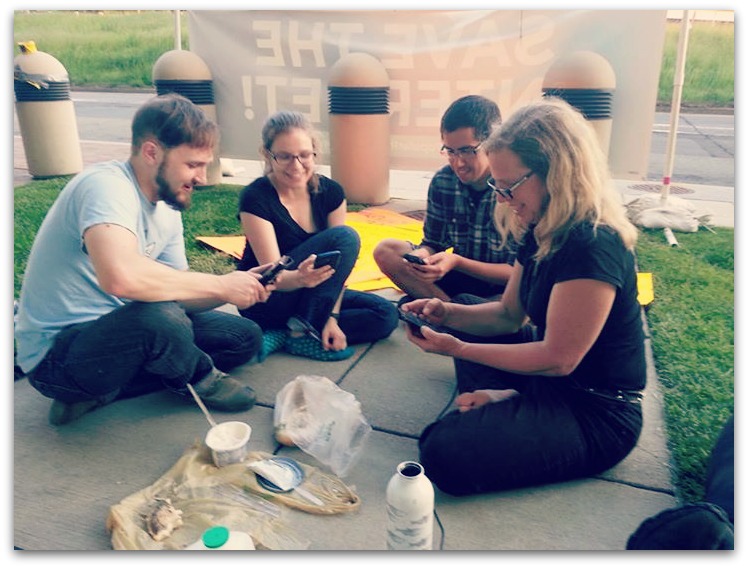 Nicole Gaunteau, a graduate student at Bishops University in Quebec, held a sign saying “Net Neutrality Now.” She has financial concerns. “As a college student, I do not have a lot of income. I’m part of the generation that certainly does need to use the internet,” she said.
Nicole Gaunteau, a graduate student at Bishops University in Quebec, held a sign saying “Net Neutrality Now.” She has financial concerns. “As a college student, I do not have a lot of income. I’m part of the generation that certainly does need to use the internet,” she said.
The FCC commission consists of three Democrats and two Republicans, all appointed by President Obama. Although the agenda has been closed for the May 15 meeting, without the votes to back him up, Wheeler may very well take it off the schedule. Wood said that would essentially be a victory for Net Neutrality advocates.
“We would rather see good rules [later] that bad rules really soon,” he said.
On his FCC blog, Wheeler contends that there has been a “misinformed interpretation” of his proposal. “There are two things that are important to understand. First, this is not a final decision by the Commission but rather a formal request for input on a proposal as well as a set of related questions. Second, as the Notice makes clear, all options for protecting and promoting an Open Internet are on the table.”
The backlash against Wheeler’s move, however, might ultimately gain lasting protections for Net Neutrality. “This puts us in a really strong position for a public comment period,” said protestor Margaret Flowers. She suggested that it could eventually put re-classification of the Internet as a common carrier on the agenda.
Several FCC employees, other federal workers in the area and cars passing the protest by have generally been very appreciative, Flowers said.
“One guy was from a small town in Louisiana where Internet is a municipal service. He was very supportive of the Internet as a common carrier,” Flowers added.
By next Thursday, only the big Internet Service Providers (ISPs) who stand to gain may be backing Tom Wheeler. In addition to eighty-six advocacy organizations, one hundred Internet companies–including Google, Microsoft and Netflix–have weighed in against the rule change in a letter. And on Thursday, fifty venture capitalists sent a letter to the FCC warning that bad rules could hamper innovation and the economy.
Zeese encouraged people to keep the pressure on, both online and at twenty-seven FCC offices around the country. “These are not done deals,” he said.
Rob Brune contributed to this article.

